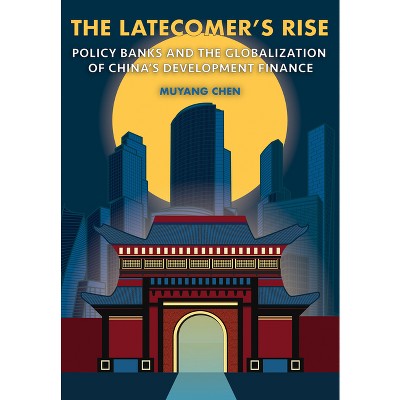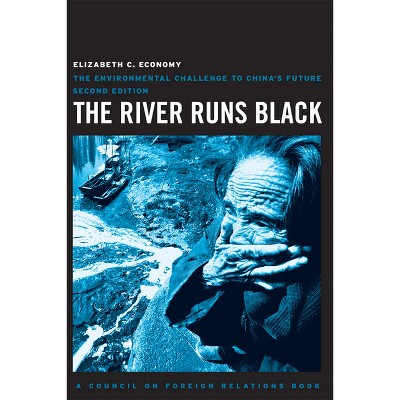Sponsored

Rituals of Care - by Felicity Aulino (Paperback)
In Stock
Sponsored
About this item
Highlights
- Aulino's work is a strong contribution to the study of aging in the field of medical anthropology specifically because of the focus on the embodied performativity of care evident in her research practice and analysis.
- About the Author: Felicity Aulino is a Five-College Assistant Professor of Anthropology at the University of Massachusetts Amherst.
- 210 Pages
- Political Science, Public Policy
Description
About the Book
"This book takes an anthropological look at how the elderly are cared for in the northern Thailand city of Chiang Mai, where the author did most of her fieldwork, and where its society is rapidly aging. It explores care in practice from everyday tasks to care for one's group, care for the polity and looks at how religious, social, and political structures affect this care"--Book Synopsis
Aulino's work is a strong contribution to the study of aging in the field of medical anthropology specifically because of the focus on the embodied performativity of care evident in her research practice and analysis. Rituals of Care is an excellent book, which offers a thoughtful approach to everyday care in Thailand. ― Anthropology & Aging
End-of-life issues are increasingly central to discussions within medical anthropology, the anthropology of political action, and the study of Buddhist philosophy and practice. Felicity Aulino's Rituals of Care speaks directly to these important anthropological and existential conversations. Against the backdrop of global population aging and increased attention to care for the elderly, both personal and professional, Aulino challenges common presumptions about the universal nature of "caring." The way she examines particular sets of emotional and practical ways of being with people, and their specific historical lineages, allows Aulino to show an inseparable link between forms of social organization and forms of care.
Unlike most accounts of the quotidian concerns of providing care in a rapidly aging society, Rituals of Care brings attention to corporeal processes. Moving from vivid descriptions of the embodied routines at the heart of home caregiving to depictions of care practices in more general ways--care for one's group, care of the polity--it develops the argument that religious, social, and political structures are embodied, through habituated action, in practices of providing for others. Under the watchful treatment of Aulino, care becomes a powerful foil for understanding recent political turmoil and structural change in Thailand, proving embodied practice to be a vital vantage point for phenomenological and political analyses alike.
Review Quotes
Rituals of Care is a complex, compelling empirical and conceptual work that engages deeply with questions of caregiving and volunteerism in the Theravada Buddhist context of Thai society. The book is highly recommended for researchers on Theravada Buddhism, caregiving, volunteerism, medical and political anthropology, as well as scholars of Thai society and culture more generally.
-- "Pacific Affairs"Aulino's work is a strong contribution to the study of aging in the field of medical anthropology specifically because of the focus on the embodied performativity of care evident in her research practice and analysis. Rituals of Care is an excellent book, which offers a thoughtful approach to everyday care in Thailand.
-- "Anthropology & Aging"This book should be read by all students of Thai culture who have an interest in the everyday life, religious practices and socio-political conditions surrounding people's everyday lives. It also makes a remarkable contribution to the understanding of care, as well as to the emerging field of the anthropology of morality.
-- "South East Asia Research"About the Author
Felicity Aulino is a Five-College Assistant Professor of Anthropology at the University of Massachusetts Amherst.
Shipping details
Return details
Frequently bought together

















